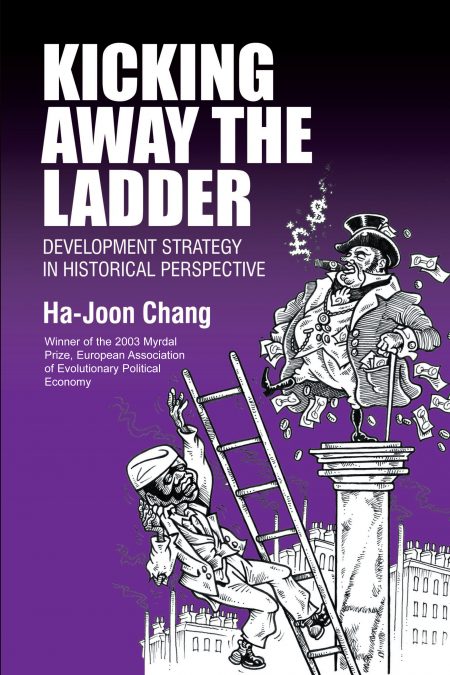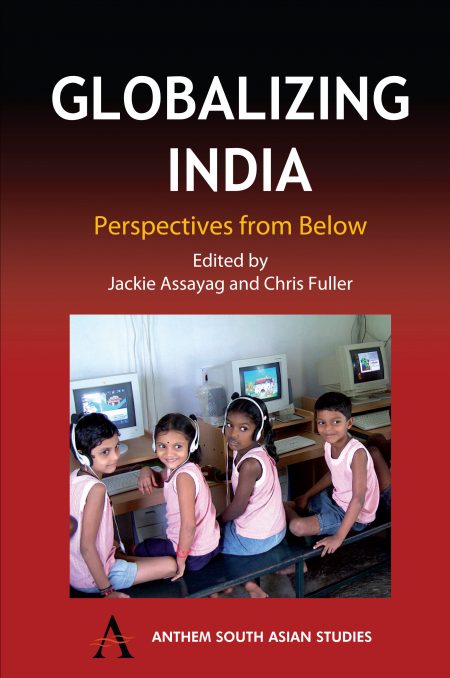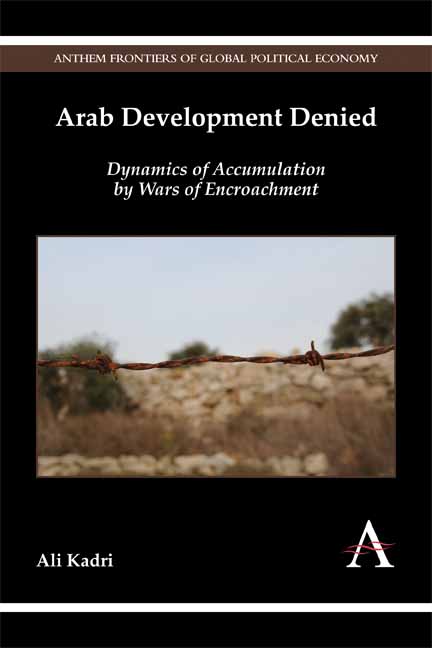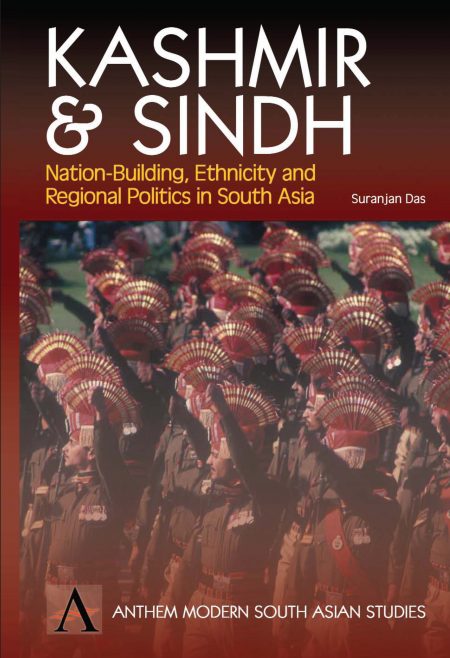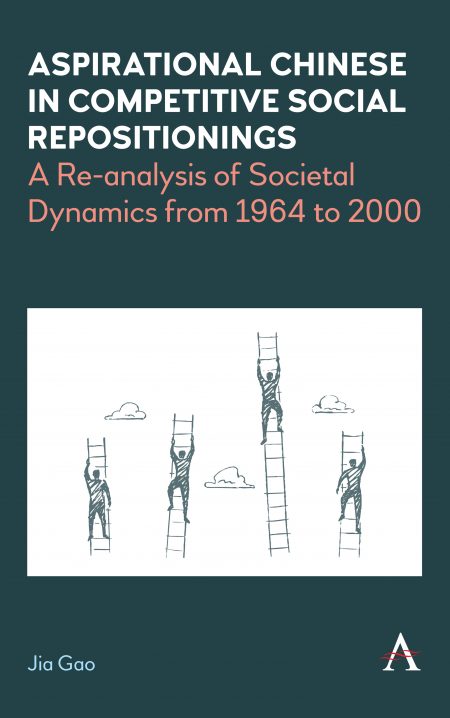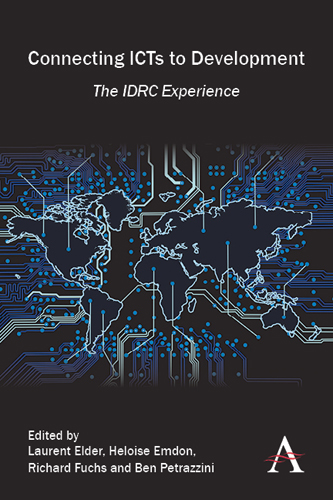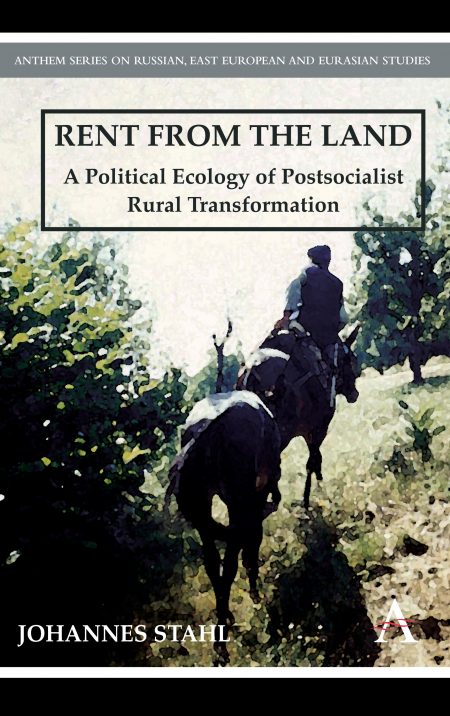Rent from the Land
A Political Ecology of Postsocialist Rural Transformation
Title Details
- ISBN: 9781843318361
- April 2010
- Pages: 154
- Imprint: Anthem Press
After decades of isolation, Albania was catapulted into capitalism in 1991. Until then, ideological hardliners had run the country and denounced their former Soviet and Eastern Bloc allies as ‘revisionists’ for falling away from Stalinist principles. Yet after the collapse of socialism, Albania quickly embarked on an ambitious program of political and economic reform. The postsocialist governments created private ownership in land, liberalized markets, and opened the country’s borders to movements of goods, capital, and people. Such radical measures stood out, even in comparison with other postsocialist countries. For instance, the postsocialist governments did not restitute collective farmland to pre-collectivization owners as elsewhere in Central and Eastern Europe; instead farmland was distributed in equal shares to the current agricultural labor force, giving Albania the highest degree of individual land ownership found in Eastern Europe. Postsocialist market reforms were no less radical, and as a result of trade liberalization, Albania became inundated by imports. This caused more commercially-minded farmers to compete against highly subsidized EU production, while the majority of land users largely withdrew from agricultural markets. They turned instead to a mixed approach to farming characterized by a low degree of commercialization and high subsistence production. The constraints rural people faced in agriculture, together with the loss of off-farm employment due to the collapse of state-run rural industries, caused one of the world’s highest rates of emigration, reaching more than 40 per cent in some areas.
‘Rent from the Land’ examines the effects of these massive political and economic changes of postsocialism on rural society and environment in Albania. Stahl argues that the postsocialist transformations led to changes in the creation and distribution of resource rent, which shifted land users’ incentives and productive decision-making and ultimately led to environmental change. The book brings together five years of research on Albanian transformation, and breaks new ground by discussing postsocialist transformation from a political ecology perspective.
Johannes Stahl works on natural resource governance and institutions in agriculture and forestry. He was a Ciriacy-Wantrup Post-Doctoral Fellow in Natural Resource Economics and Political Economy at the University of California at Berkeley and holds PhD and MA degrees in Agriculture and Social Anthropology.
List of Abbreviations and Acronyms; Acknowledgements; Chapter 1: Introduction; Chapter 2: Albanian Socialism; Chapter 3: Patterns of Land Use Change; Chapter 4: Unmaking Socialist Agriculture: The Dissolution of Collective Structures; Chapter 5: Unraveling the Socialist Countryside: Differentiation among Villages and Its Effects on Land Use; Chapter 6: The Crisis of Capital and Labor: Effects on Land Use within Villages; Chapter 7: The Fate of the Postsocialist Forest; Chapter 8: Rent from the Land; Glossary
‘What is most impressive about Stahl’s approach […] is the depth of his attention to ‘doing’ political ecology. There are many reasons to appreciate this book, not least of which is its clear prose and organization, which make it accessible to anyone unfamiliar with its theoretical or empirical context.’ —Brian Grabbatin, ‘Environment and Planning’
‘Far more than a case study, ‘Rent from the Land’ has much to say about rural transformations and environmental change all across the ‘new’ Europe. It is destined to enter the canons of both political ecology and postsocialist transition studies.’ —Rod Neumann, Florida International University, and author of ‘Imposing Wilderness: Struggles over Livelihood and Nature Preservation in Africa’
”Rent from the Land’ provides a compelling glimpse into the unusual pathway from socialism to capitalism in Albania, and the tragic effects of the sudden changes on rural land use.’ —Nancy Peluso, University of California at Berkeley, and author of ‘Rich Forests, Poor People: Resource Control and Resistance in Java’
‘In addition to contributing to the sparse ethnographic literature on Albania, this book is important in its concrete discussion of how to go about doing political ecology, something that seems all too rare in the current political ecology literature.’ —Barbara Cellarius, author of ‘In the Land of Orpheus: Rural Livelihoods and Nature Conservation in Postsocialist Bulgaria’
‘This is a pioneering book. It presents one of the first ethnographic accounts of environmental change in Eastern Europe. It also makes an innovative conceptual contribution to political ecology by taking a new look at the classic concept of rent.’ —Thomas Sikor, University of East Anglia
Related products
-
Kicking Away the Ladder
Development Strategy in Historical Perspective
Ha-Joon Chang
July, 2002
£26.95 / $26.95 -
Globalizing India
Perspectives from Below
Edited by Jackie Assayag, Chris Fuller
July, 2005
£115.00 / $115.00 -
Arab Development Denied
Dynamics of Accumulation by Wars of Encroachment
Ali Kadri
July, 2014
£115.00 / $115.00 -
Kashmir and Sindh
Nation-Building, Ethnicity and Regional Politics in South Asia
Suranjan Das
August, 2001
£115.00 / $115.00 -
Aspirational Chinese in Competitive Social Repositionings
A Re-Analysis of Societal Dynamics from 1964 to 2000
Jia Gao
August, 2023
£110.00 / $110.00 -
Connecting ICTs to Development
The IDRC Experience
Edited by Heloise Emdon, Laurent Elder, Ben Petrazzini, Richard Fuchs
December, 2013
£115.00 / $115.00


